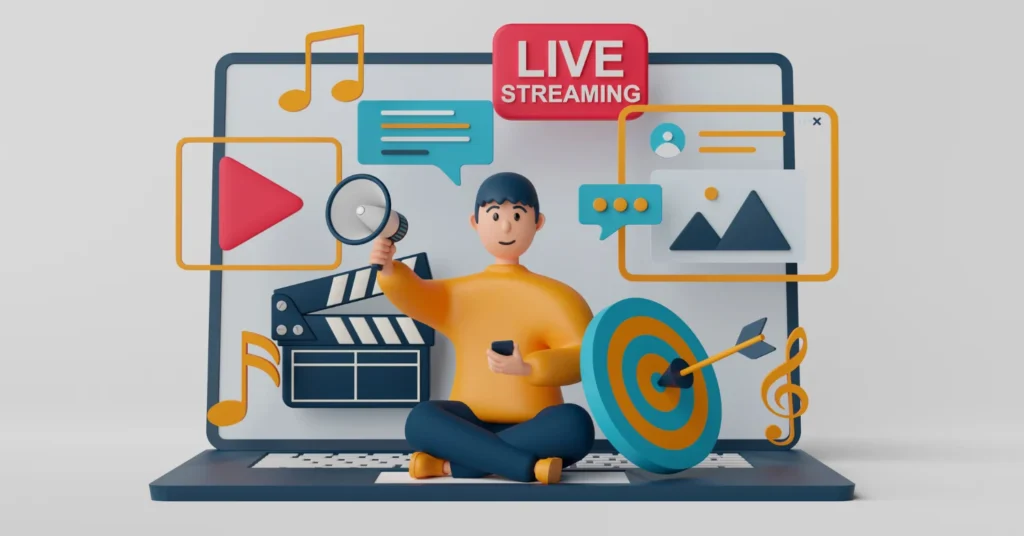How to Leverage Social Media for Digital Marketing: Proven Strategies for Success
In today’s competitive online landscape, knowing how to leverage social media for digital marketing is critical for any business aiming to build brand awareness, drive traffic, and increase conversions. Whether you’re a small startup or an established brand, understanding how to use platforms effectively can significantly amplify your reach and impact.
Understanding Your Audience: The Key to Social Media Success
To leverage social media for digital marketing effectively, start by developing a deep understanding of your target audience. This means going beyond basic demographics to uncover their interests, behaviors, and online habits.
Use market research tools and platform-specific analytics (like Facebook Insights or Instagram Analytics) to learn what resonates with your followers. Once you know your audience, you can create content that addresses their needs and pain points—boosting engagement and encouraging long-term loyalty.
Engage directly with your audience through interactive content like polls, surveys, or comments to gain valuable feedback. This continuous feedback loop will improve your messaging and help you build a community around your brand.
Choosing the Right Platforms for Your Brand
Not every social media platform will align with your business goals. Choosing the right ones is essential when planning to leverage social media for digital marketing success.
For example:
-
Instagram and TikTok are ideal for brands targeting younger audiences.
-
LinkedIn works well for B2B companies or professional services.
-
Pinterest excels for lifestyle, fashion, and DIY niches.
Each platform has unique strengths—Instagram is great for visual storytelling, while Twitter offers real-time updates. Match your content style and business objectives to the platforms where your audience is most active.
Creating Engaging Content That Resonates
High-quality content is the cornerstone of any effort to leverage social media for digital marketing. It’s not enough to simply post frequently; your content must be relevant, engaging, and visually appealing.
Tips for impactful content:
-
Use storytelling to create emotional connections.
-
Share user-generated content to build trust.
-
Run contests, quizzes, and live sessions to boost interactivity.
-
Incorporate trending topics and hashtags to improve discoverability.
Consistency in tone and branding also ensures that your audience instantly recognizes your content, regardless of the platform.
Measuring and Analyzing Your Social Media Impact
Analytics play a vital role in optimizing how you leverage social media for digital marketing. Use tools like Google Analytics, Meta Business Suite, and third-party platforms like Hootsuite or Buffer to track:
-
Engagement (likes, comments, shares)
-
Reach and impressions
-
Follower growth
-
Click-through and conversion rates
By reviewing this data regularly, you can identify what’s working and where you need to adjust. For example, if video content generates higher engagement than images, shift your content strategy accordingly.
Integrating Social Media with Overall Marketing Strategies
One of the most powerful ways to leverage social media for digital marketing is to integrate it with your overall marketing efforts. Your social media should align with:
-
Brand messaging: Keep your voice and visuals consistent.
-
Content marketing: Share blog posts, lead magnets, and videos.
-
Email campaigns: Promote newsletters and offers via social channels.
-
Product launches and events: Use social media for teasers, live updates, and post-event follow-ups.
By uniting social media with SEO, content marketing, paid ads, and offline strategies, you create a seamless experience for your audience and increase your marketing ROI.

